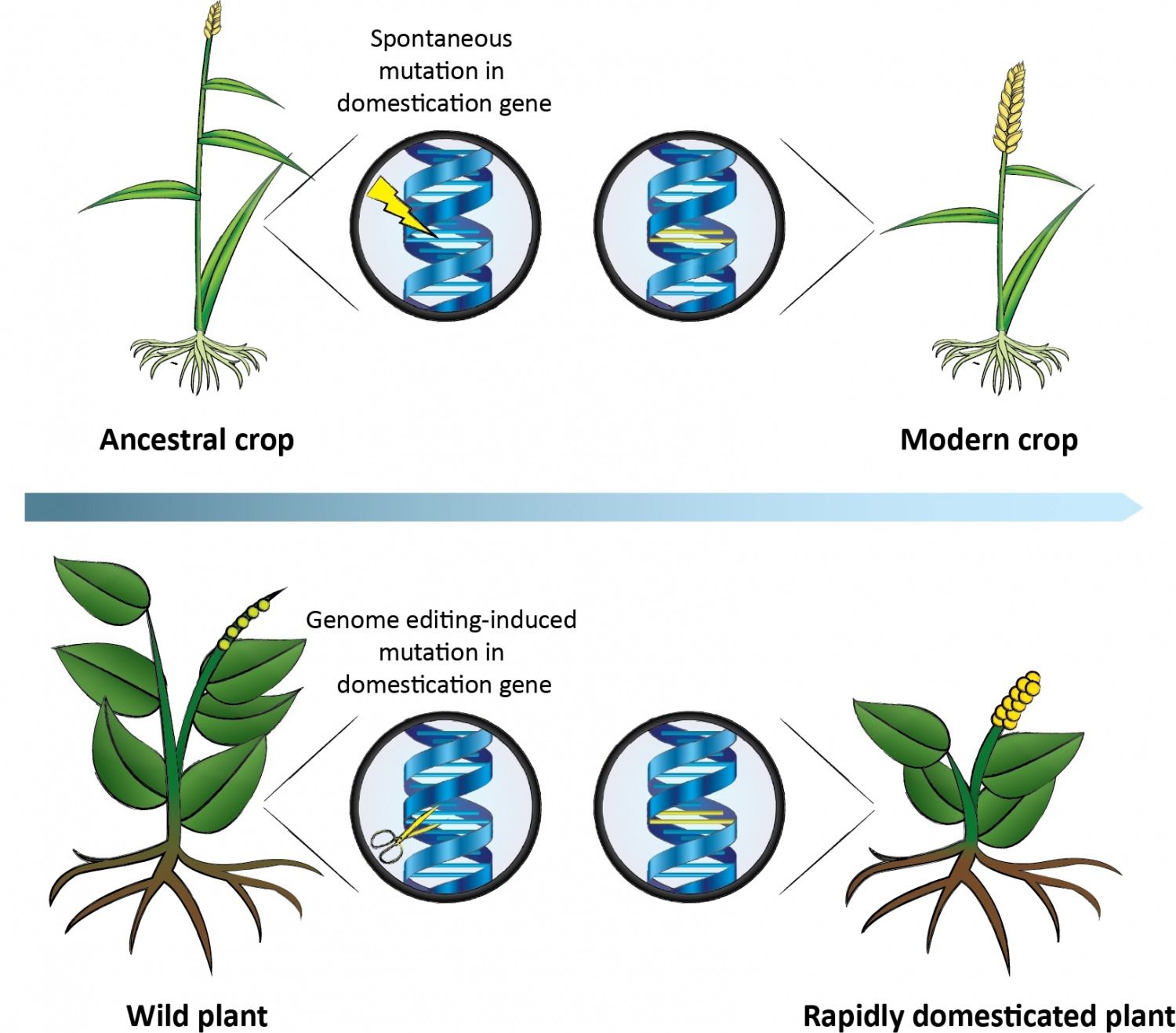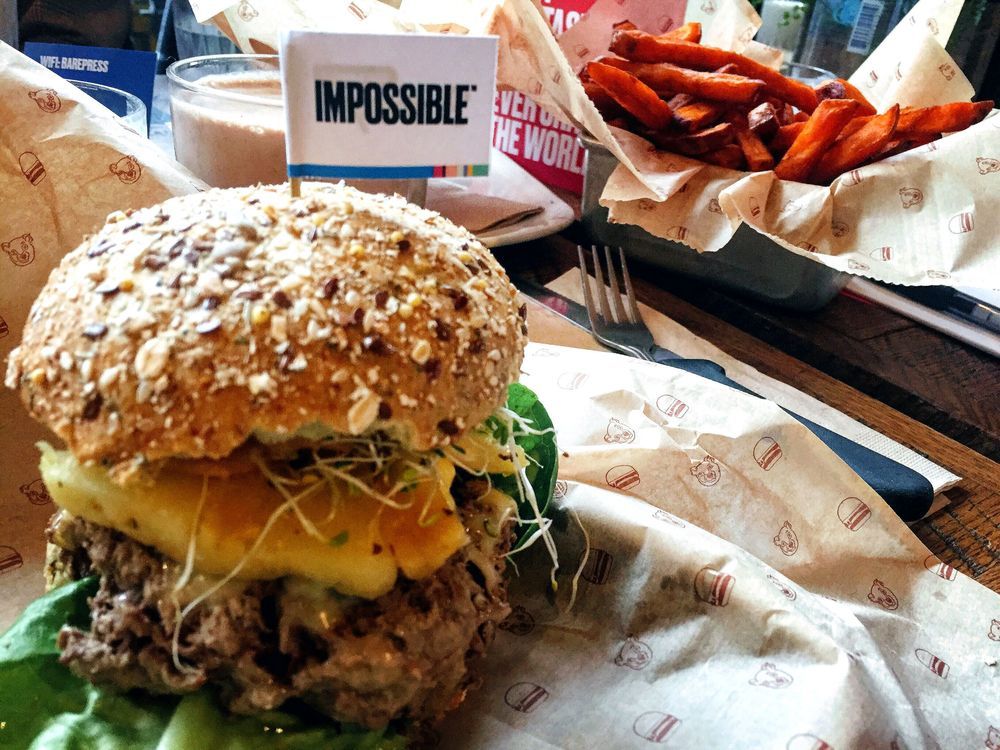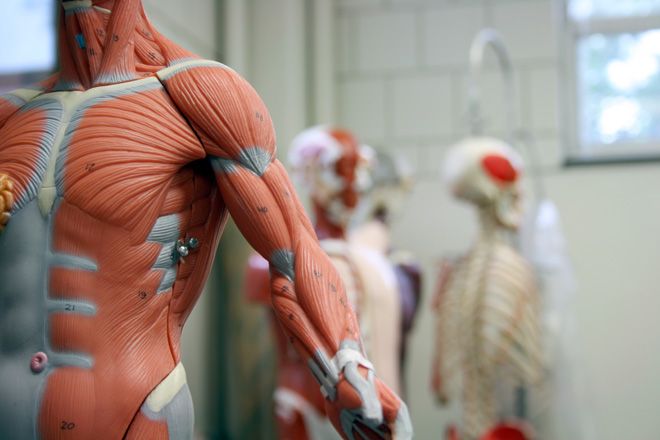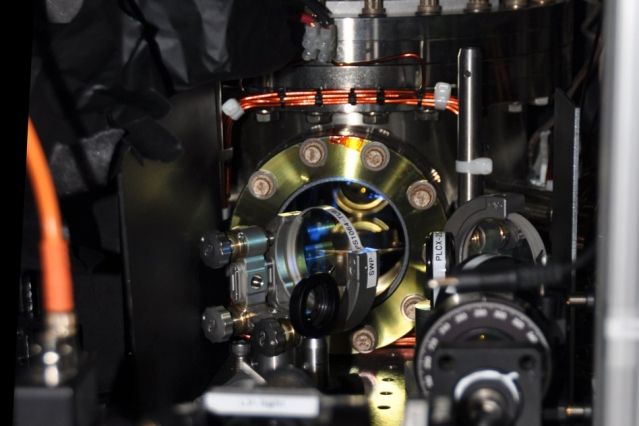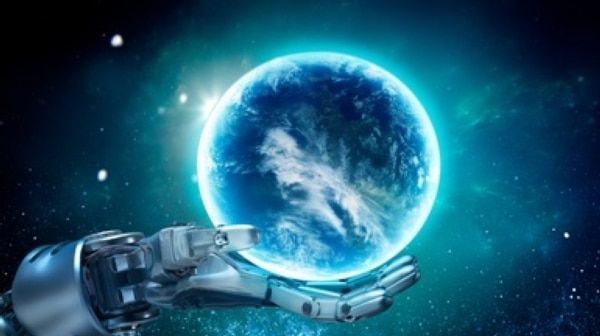Page 10001
Mar 3, 2017
Want more crop variety? Researchers propose using CRISPR to accelerate plant domestication
Posted by Germen Roding in categories: bioengineering, biotech/medical, food, genetics, sustainability
The more crops we cultivate, the less chance our food supply wil get wiped out by a disease.
Out of the more than 300,000 plant species in existence, only three species—rice, wheat, and maize—account for most of the plant matter that humans consume, partly because in the history of agriculture, mutations arose that made these crops the easiest to harvest. But with CRISPR technology, we don’t have to wait for nature to help us domesticate plants, argue researchers at the University of Copenhagen. In a Review published March 2 in Trends in Plant Science, they describe how gene editing could make, for example, wild legumes, quinoa, or amaranth, which are already sustainable and nutritious, more farmable.
“In theory, you can now take those traits that have been selected for over thousands of years of crop domestication—such as reduced bitterness and those that facilitate easy harvest—and induce those mutations in plants that have never been cultivated,” says senior author Michael Palmgren, a botanist who heads an interdisciplinary think tank called “Plants for a Changing World” at the University of Copenhagen.
Meat production gobbles up more than half of all land in use by agriculture. Shrinking this will allow us to restore nature and open up land for recreation and living. Also, the pressure on the tropical rainforests will diminish.
Silicon Valley plant-based beef from Impossible Foods is now in Bareburger at 535 LaGuardia Place in New York, its first chain restaurant.
Mar 3, 2017
New strain of algae produces five times more hydrogen fuel
Posted by Montie Adkins in categories: energy, genetics, transportation
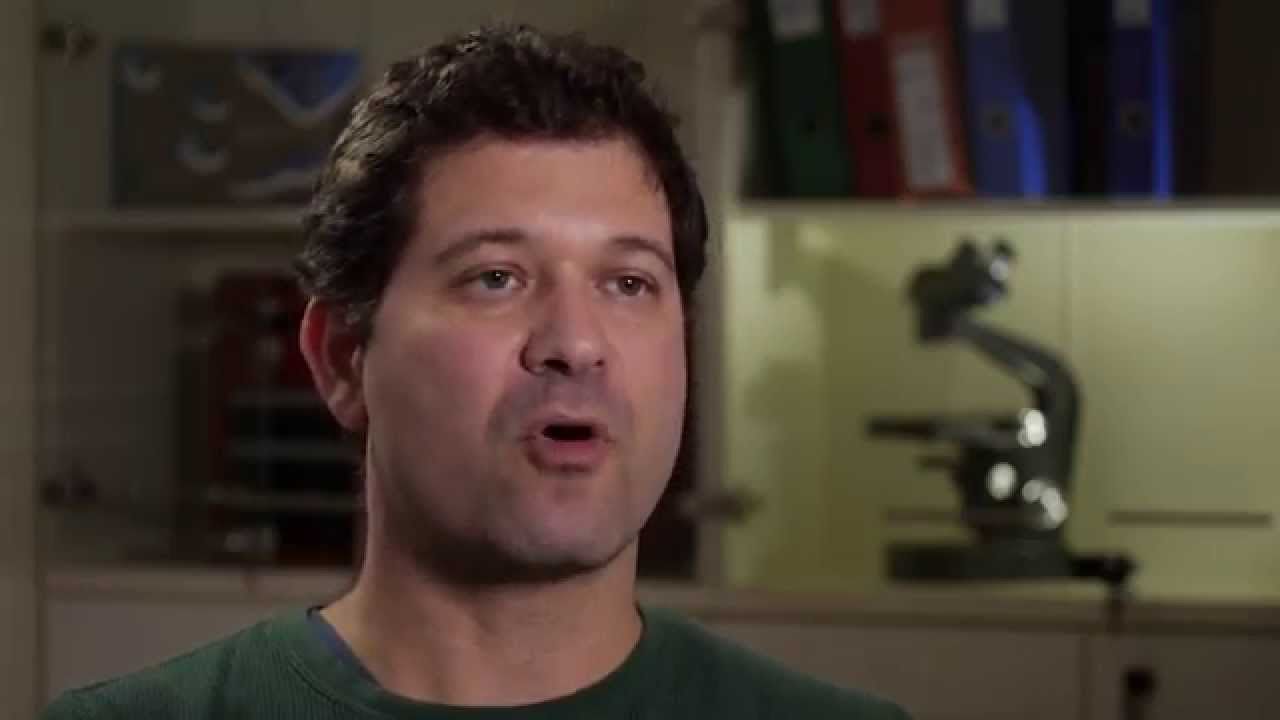
Hydrogen can be used in combustion like a regular gas engine or mixed with oxygen in a fuel cell for an electric engine.
A Tel Aviv University team led by Iftach Yacoby genetically engineered algae to emit hydrogen five times more efficiently to potentially power hydrogen cars.
Continue reading “New strain of algae produces five times more hydrogen fuel” »
Mar 3, 2017
Growing tissue grafts on humanoid robots: A future strategy in regenerative medicine?
Posted by Nancie Hunter in categories: biotech/medical, cyborgs, robotics/AI, space travel
Humanoid robots may enhance growth of musculoskeletal tissue grafts for tissue transplant applications.
Over the past decade, exciting progress has been made in the development of humanoid robots. The significant potential future value of humanoids includes applications ranging from personal assistance to medicine and space exploration. In particular, musculoskeletal humanoids (such as Kenshiro and Eccerobot) were developed to interact with humans in a safer and more natural way (1, 2). They aim to closely replicate the detailed anatomy of the human musculoskeletal system including muscles, tendons, and bones.
With their structures activated by artificial muscles, musculoskeletal humanoids have the ability to mimic more accurately the multiple degrees of freedom and the normal range of forces observed in human joints. As a result, it is not surprising that they offer new opportunities in science and medicine. Here, we suggest that musculoskeletal robots may assist in the growth of musculoskeletal tissue grafts for tissue transplant applications.
Mar 3, 2017
Physicists Have Detected a Friction-Like Force in a Perfect Vacuum
Posted by Andreas Matt in category: particle physics
One of the most fundamental tenets of modern physics is that in a perfect vacuum — a place entirely devoid of matter — no friction can possibly exist, because empty space cannot exert a force on objects travelling through it.
But despite the conventional wisdom, physicists in the UK discovered that a decaying atom travelling through a complete vacuum would experience a friction-like force, and now they’ve figured out how this reinforces — rather than breaks — Einstein’s theory of general relativity.
“We spent ages searching for the mistake in the calculation and spent even more time exploring other strange effects until we found this (rather simple) solution,” one of the team, Matthias Sonnleitner from the University of Glasgow told Lisa Zyga at Phys.org.
Continue reading “Physicists Have Detected a Friction-Like Force in a Perfect Vacuum” »
Mar 3, 2017
Space Mining: Luxembourg and lunar robotic company ispace shoot for the moon
Posted by Klaus Baldauf in categories: business, engineering, government, robotics/AI, space
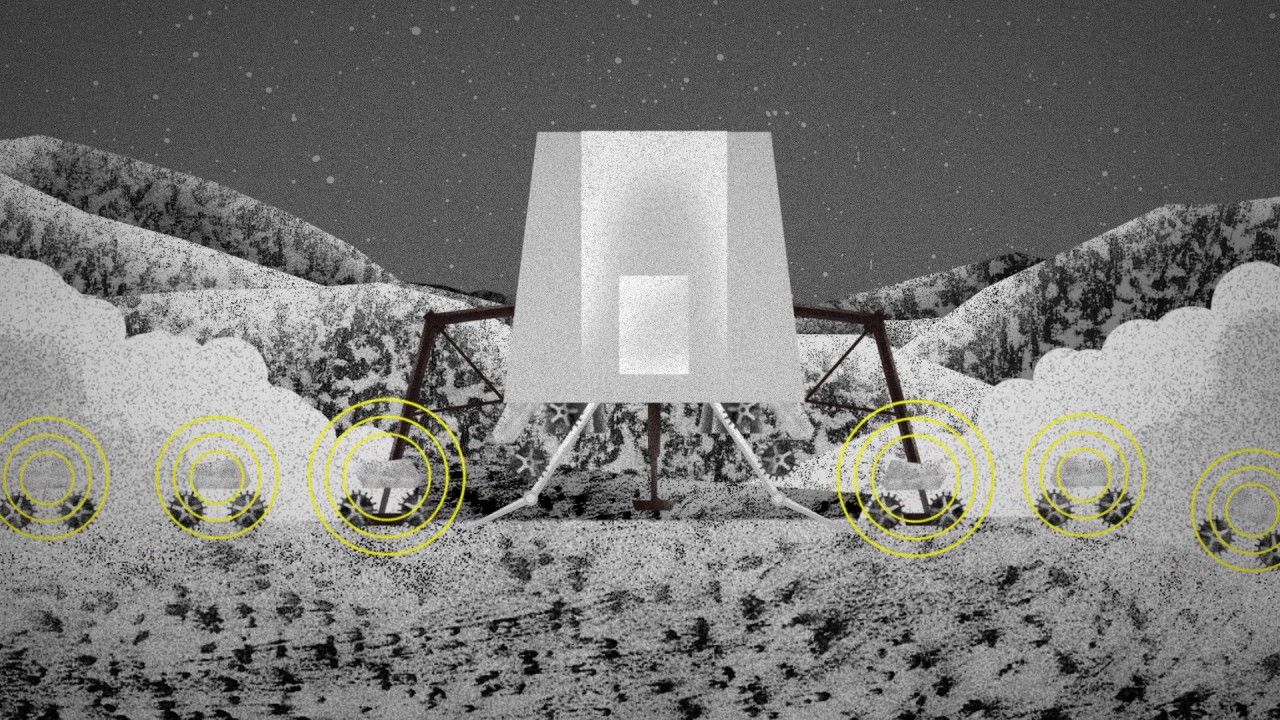
https://youtube.com/watch?v=5cMEJTnPq-I
(sth/T.L.) – Luxembourg’s government and Tokyo-based space lunar robotic exploration company ispace Inc. on Thursday signed a Memorandum of Understanding (MoU) in the context of the SpaceResources.lu initiative with focus on developing miniaturized technology to discover, map, and utilize resources on the Moon.
Japanese start-up ispace was created by Hakuto, a finalist team of Google’s prestigious innovation competition Google Lunar XPRIZE. The company already works together with the Luxembourg Institute of Science and Technology (LIST) and will continue to do so.
Continue reading “Space Mining: Luxembourg and lunar robotic company ispace shoot for the moon” »
Mar 3, 2017
What Fraction of Bitcoin Value is Driven by Speculators?
Posted by Philip Raymond in categories: bitcoin, cryptocurrencies, economics, internet
At Quora, I occasionally play, “Ask the expert”. Several hundred of my Quora answers are linked here. Today, I was asked “How much of Bitcoin’s value is driven by speculation”. This is my answer…
This is a great question! While the value of any commodity is determined by supply and demand, speculation is one component of demand. Another is the unique utility value inherent in a product or process. This is sometimes called ‘intrinsic value’.
It’s ironic that when a high fraction of value is driven by speculation, short-term value becomes volatile and long-term value becomes less certain—and less likely to produce returns for those same speculators.
Editor’s Note: In the past few weeks, a significant spike in Bitcoin’s value and trading volume relates to a pending regulatory decision expected at the end of next week. This activity is certainly driven by speculation. But for this article, I am considering periods in which the demands of individual events are less clear.
Continue reading “What Fraction of Bitcoin Value is Driven by Speculators?” »
Mar 3, 2017
Researchers create new form of matter—supersolid is crystalline and superfluid at the same time
Posted by Andreas Matt in categories: energy, quantum physics
MIT physicists have created a new form of matter, a supersolid, which combines the properties of solids with those of superfluids.
By using lasers to manipulate a superfluid gas known as a Bose-Einstein condensate, the team was able to coax the condensate into a quantum phase of matter that has a rigid structure—like a solid—and can flow without viscosity—a key characteristic of a superfluid. Studies into this apparently contradictory phase of matter could yield deeper insights into superfluids and superconductors, which are important for improvements in technologies such as superconducting magnets and sensors, as well as efficient energy transport. The researchers report their results this week in the journal Nature.
“It is counterintuitive to have a material which combines superfluidity and solidity,” says team leader Wolfgang Ketterle, the John D. MacArthur Professor of Physics at MIT. “If your coffee was superfluid and you stirred it, it would continue to spin around forever.”
Mar 3, 2017
Will Democracy Survive Big Data and Artificial Intelligence?
Posted by Derick Lee in categories: economics, information science, robotics/AI, transportation
One thing is clear: the way in which we organize the economy and society will change fundamentally. We are experiencing the largest transformation since the end of the Second World War; after the automation of production and the creation of self-driving cars the automation of society is next. With this, society is at a crossroads, which promises great opportunities, but also considerable risks. If we take the wrong decisions it could threaten our greatest historical achievements.
We are in the middle of a technological upheaval that will transform the way society is organized. We must make the right decisions now.
- By Dirk Helbing, Bruno S. Frey, Gerd Gigerenzer, Ernst Hafen, Michael Hagner, Yvonne Hofstetter, Jeroen van den Hoven, Roberto V. Zicari, Andrej Zwitter on February 25, 2017

